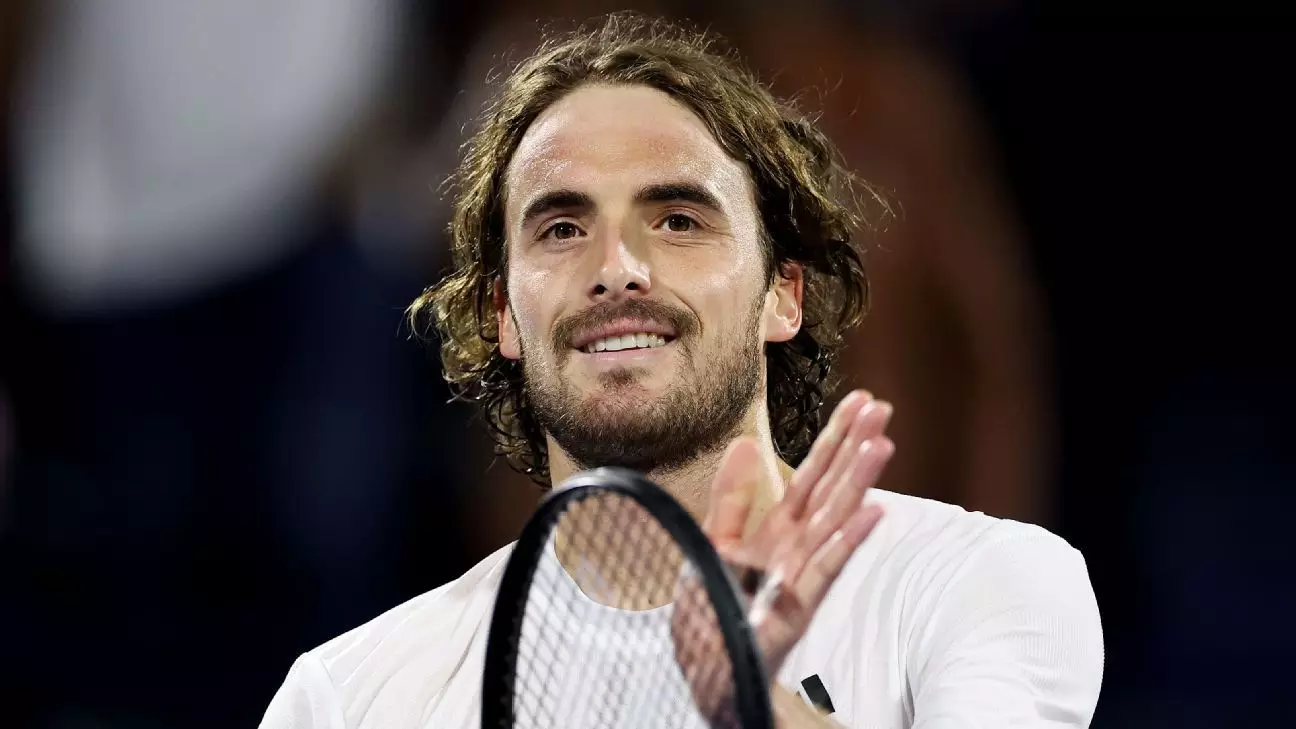In a landscape dominated by relentless competition and fleeting momentum, Stefanos Tsitsipas’s decision to reinstate his father, Apostolos, as his coach signals a profound acknowledgment of the importance of foundational relationships in professional sports. After a brief and arguably unproductive partnership with Goran Ivanisevic, the legendary former world No. 3, Tsitsipas’s move suggests an internal realization that some of the most effective coaching stems from unwavering trust and emotional bonds rather than high-profile names. The Greek player’s recent struggles—descending to 30th in the rankings and underwhelming performances in early Grand Slams—highlight a critical juncture. This return to familiar ground could be an act of strategic reinvention, emphasizing personal resilience and loyalty over external validation.
The Pitfalls of the Flashy and the Power of Authenticity
Ivanisevic’s departure was not just a casual event; it was marked by candid criticism that underscored Tsitsipas’s evident inconsistency and unpreparedness. While the Croatian coach’s blunt assessment might seem harsh, it underscores a deeper truth: superficial coaching and attempts to chase quick fixes often misfire in tennis’s demanding environment. Tsitsipas’s career has suffered from such swings—regressions that leave fans and critics questioning whether changing external influences can truly solve internal struggles. His decision to revert to his father reflects a rejection of the superficial allure of high-profile coaching in favor of authenticity, emotional stability, and a coaching style rooted in shared history and trust.
The Emotional and Psychological Renewal of Returning to Essentials
Reconnecting with his father signifies more than a tactical adjustment; it embodies a psychological realignment. Athletes at the highest level are often defined by their mental stamina as much as their physical prowess. For Tsitsipas, the court is not merely a battleground of skill but also a reflection of inner conviction. The social media post expressing gratitude for “sharing the court and the road ahead” suggests a renewed sense of purpose and confidence rooted in familiarity. This move might serve as a reminder that greatness is often built not solely through coaches’ strategies but through deep-seated belief and unwavering support from those who have known you from the beginning.
The Broader Implication for Player-Coach Dynamics
Tsitsipas’s case exemplifies a broader debate within professional tennis—whether success hinges on the celebrity status of coaching figures or on the athlete’s internal harmony. His experience indicates that high-profile alignments, despite their glamour, may not always translate into victories or consistency. Conversely, embracing trusted partnerships rooted in personal history can provide a foundation that withstands the pressures of the tour. His story challenges the narrative that big-name coaches hold all the keys to improvement. Instead, it champions the idea that self-awareness, rootedness, and personal trust are often more impactful than the latest coaching fad.
Personal Reflection on Tsitsipas’ Resilience
Despite recent setbacks, Tsitsipas’s decision to revisit his roots demonstrates resilience and a willingness to adapt in a way that prioritizes authenticity. It is a testament to the fact that true growth requires humility and a recognition of where one’s strengths truly lie. In the end, his journey back to his father’s guidance could be the turning point that reignites his career, reminding us that sometimes, success is about retracing the steps that originally inspired us—reclaiming the passion and belief that once propelled us forward. The tennis world may be captivated by flashy titles and high-profile partnerships, but Tsitsipas’s confidence in his roots offers a powerful reminder: the strongest foundations are often found where we first learned to stand tall.

